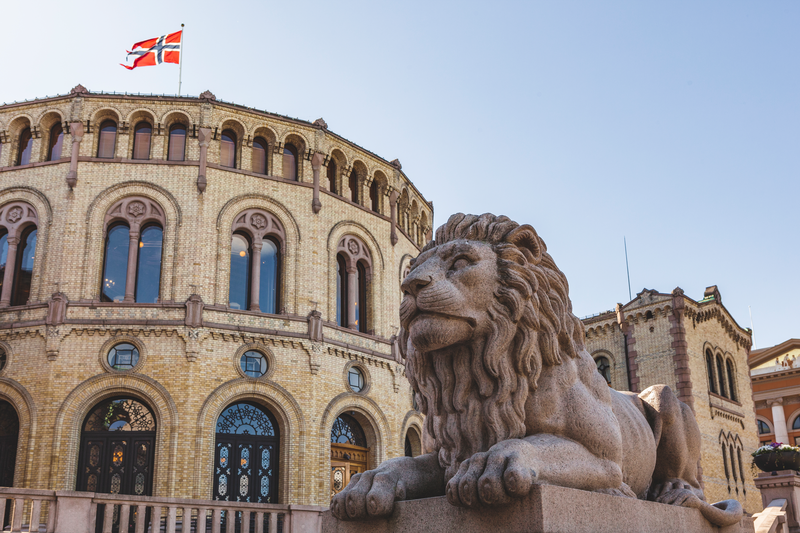The Norwegian government has set out a new national digitization strategy with the aim of making the country the most digitized in the world by 2030.
The strategy includes measures to restructure and modernize the public sector by creating simpler and more connected public services for people to use. It will
Register for free to keep reading
To continue reading this article and unlock full access to GRIP, register now. You’ll enjoy free access to all content until our subscription service launches in early 2026.
- Unlimited access to industry insights
- Stay on top of key rules and regulatory changes with our Rules Navigator
- Ad-free experience with no distractions
- Regular podcasts from trusted external experts
- Fresh compliance and regulatory content every day

















